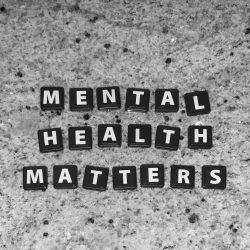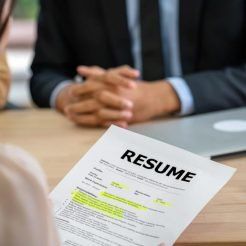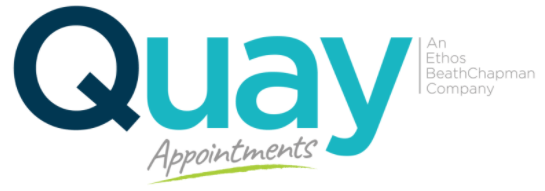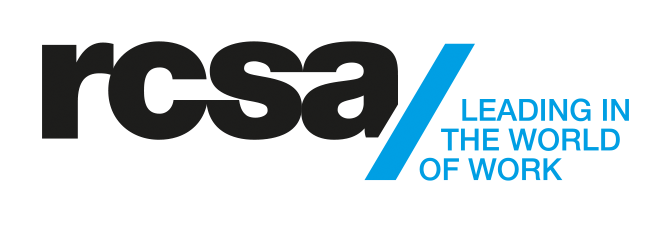7 Surprising Truths about Body Language
The past 3 months has been a tumultuous time for Australian politics as we now have an ex Prime Minister returning to the captains chair. During any time of political instability in any country, body language specialists return to the scene to provide subjective analysis on political leaders. An article on Forbes.com published back in October 2012 by Nick Morgan titled 7 Surprising Truths about Body Language, provides insight to the various interpretations of body language. The original article can be found at the below link
http://www.forbes.com/sites/nickmorgan/2012/10/25/7-surprising-truths-about-body-language/
Here is a copy of the article in full
7 Surprising Truths about Body Language
Thanks to TV shows like Lie to Me and so-called body language experts commenting on the candidates during the American election season, a number of misunderstandings about body language have become part of modern culture. It’s time to clear the decks. So here goes: 7 surprising truths about body language.
1. Much of what the experts tell you about body language is wrong. The biggest misconception perpetrated by many so-called experts is that specific gestures – of your hands, say – have specific meanings. Rather, gestures are ambiguous. They can mean many things. If I cross my arms, I may be signaling my defensiveness, but I may also be cold, or simply tired and propping myself up with my arms – or just getting comfortable. And I could be signaling all those things at once. It’s possible to be simultaneously cold, tired, defensive, and desirous of comfort.
The misunderstanding comes from two sources. First, the pressure on experts to sound definitive and give instant analyses for TV in an impatient world more interested in sound bites than truth. Second, the history of the study of body language. It began with what those of us in the field call “emblems”; those rare gestures that do have specific meanings, like the middle finger, the peace sign, the OK gesture, and so on. As a result, it was natural to look at all the rest of gesturing with a bias toward specific meanings. But the number of emblems in all cultures is quite small, and after that gestures don’t reliably signal specific meaning.
2. The face is a poor place to start reading body language. By the time most of us are adult, we’ve learned to mask our true feelings — at least as they show up in our face – because we have to get along at work, at home, and in social settings. So we pretend to be interested, we pretend to smile, we assume a bland expression when we’re actually peeved, and so on.
Of course, we’re not perfect at these polite deceptions. We don’t always manage to stifle that yawn completely. But for the most part, the face we present to the world is a polite mask that hides our true feelings. And that’s a good thing, usually: it helps us all get along.
3. But the face does sometimes give away our strongest feelings. You can learn to read what are called micro-expressions – sudden leakages of true emotion through the mask of the face – with some training. These micro-expressions are fleeting – less than a second in duration – and it takes work to learn how to spot them. And they typically only show up when we’re trying to hide a very strong feeling that is at odds with what we’re admitting to. The expression of true feeling will suddenly and briefly break out across our face like a flash of lightning in the dark and be gone.
For more on learning how to read micro-expressions, look here. (I have no financial interest in the training, offered by Paul Ekman, who discovered micro-expressions and is one of the true greats in the field of body language.)
4. Body language signals intent, not specific meaning. What body language does convey, with pretty good accuracy, is our emotional intent. In fact, brain research shows that whatever we’re feeling first shows up in our body, and only later (nanoseconds later) in our conscious minds. So, if we’re hungry, or impatient, or angry, or happy, our bodies know first, and they will pretty reliably signal those feelings. Learning to read body language, then, is a matter of learning to understand other people’s intents, not their specific conscious thoughts.
And while most of us our reasonably good at masking our feelings in our face, we’re not as good at disguising how we feel throughout the rest of our bodies. That’s because our bodies know first. By the time the conscious mind recognizes that anger, or that joy, it has already shown up in our bodies. And that’s what you can learn to recognize and read.
5. You’re much better at reading the body language of people you know than any expert. The truly good news is, for people you know, you are already more expert than the experts at reading this intent. Think about it. You know already, unless you’re completely clueless, when your spouse is ticked off, or your child is bored, or your boss wants something done, now! With people we know, we’ve already amassed many hours of study, and we know the signs.
Of course, even the people that we know best can deceive us, but not usually for long and not on the important stuff.
6. To read body language accurately, don’t think about it. As humans, we’re hard-wired to read other people’s emotions and intents. We have mirror neurons in our brains that fire when our unconscious minds register an emotion in someone else. We mirror that other person’s emotion so that we can share it and understand it. This expertise developed on an evolutionary time scale and is an important part of our ability to survive as a species. When we see fear, we react instantly, and unconsciously, in order to be ready to take quick action if necessary.
That unconscious expertise is your best ally in reading other people’s body language, because you already know what’s going on. It’s just a matter of bringing that knowledge from your unconscious brain to your conscious mind in order to act on the information consciously. So let your unconscious mind do the heavy lifting, and work instead on tuning in to your unconscious for reliable information about other people’s emotional intent.
How to get started? Simply ask your unconscious mind, and wait for an answer. You already know it; this is what people mean when they talk about “gut” or “instinct.” It’s not magic, or the cosmos talking. It’s your unconscious mind automatically registering the emotional temperature of everyone around you. Just pay attention – listen to your gut – and your conscious mind will get it, too. With practice, your abilities will quickly improve.
7. You have 3 brains; 2 of them are good at reading body language. Your conscious mind is poor at reading body language, because evolution pushed that chore down to your unconscious mind, which is much larger and faster and can handle the job in nanoseconds, reacting to danger long before your conscious mind could. But you have a third “mind,” literally in your gut. In fact, your gut has more neurons in it than a cat does in its head. And that brain in your gut is wired to the unconscious mind in your head, so that when you become aware that you’re nervous, for example, that’s the end of a long process of your unconscious mind and your gut exchanging signals about that nervousness. You do get butterflies in your stomach. Your stomach is good at telling you if there’s danger or opportunity because it’s part of a complex sensing system with your unconscious mind (the one in your head) that is constantly scanning your surroundings and especially other people.
So start paying attention to your own expertise; that’s where the real body language insights will come from.
(end of article)
From a HR perspective, the following question arises.
How beneficial is body language reading as an indicator of performance, efficiency and effectiveness within your organisation?











